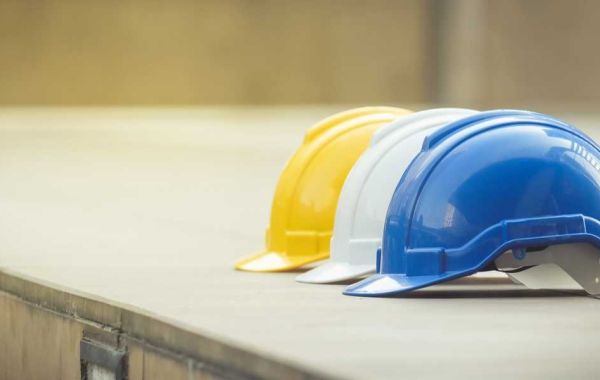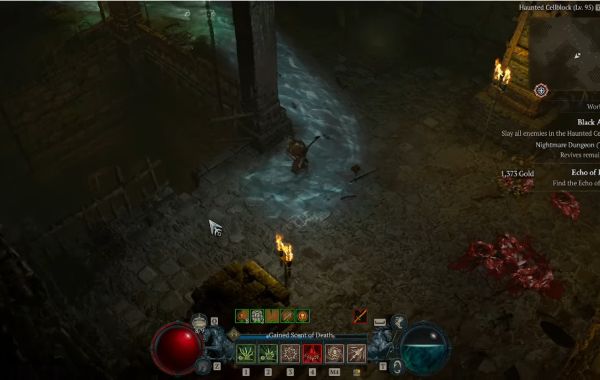If you’ve bought a new home heating unit, you know you need to install it correctly – it’s not a good idea to take any risks. You probably wouldn’t have access to the right tools to complete the installation too – so, why do it at all? This is when it time to hire a professional HVAC Engineeer.
That’s not all.
What do you do when your furnace goes down? Electronic devices may go kaput anytime, and it is only a good servicing that can help it run longer. Regular cleaning – just a couple of times a year – can help tackle many of the problems. And it’s what an HVAC engineer can help you with.
The Top Job Responsibilities of an HVAC Engineer
Let’s take a look at some of the most important job responsibilities of an HVAC engineer:
- Ensure that the Inspection department approves fittings, ducts, water pipes, and other accessories before the installation begins.
- Deliver all tools required for the fitting including power tools, hand tools, scaffolding, and ladder on time and in the exact numbers as mentioned in the list.
- Prepare, apply, and get approval for the HVAC shop drawings, work method statement, MEP-coordination drawing, and project specification from the head engineer.
- Coordinate installation schedule with team members and other departments working on the project.
- Monitor site activities and make sure all rules and regulations are followed. Making reports on daily progress made at work and ensuring it reaches the superiors.








